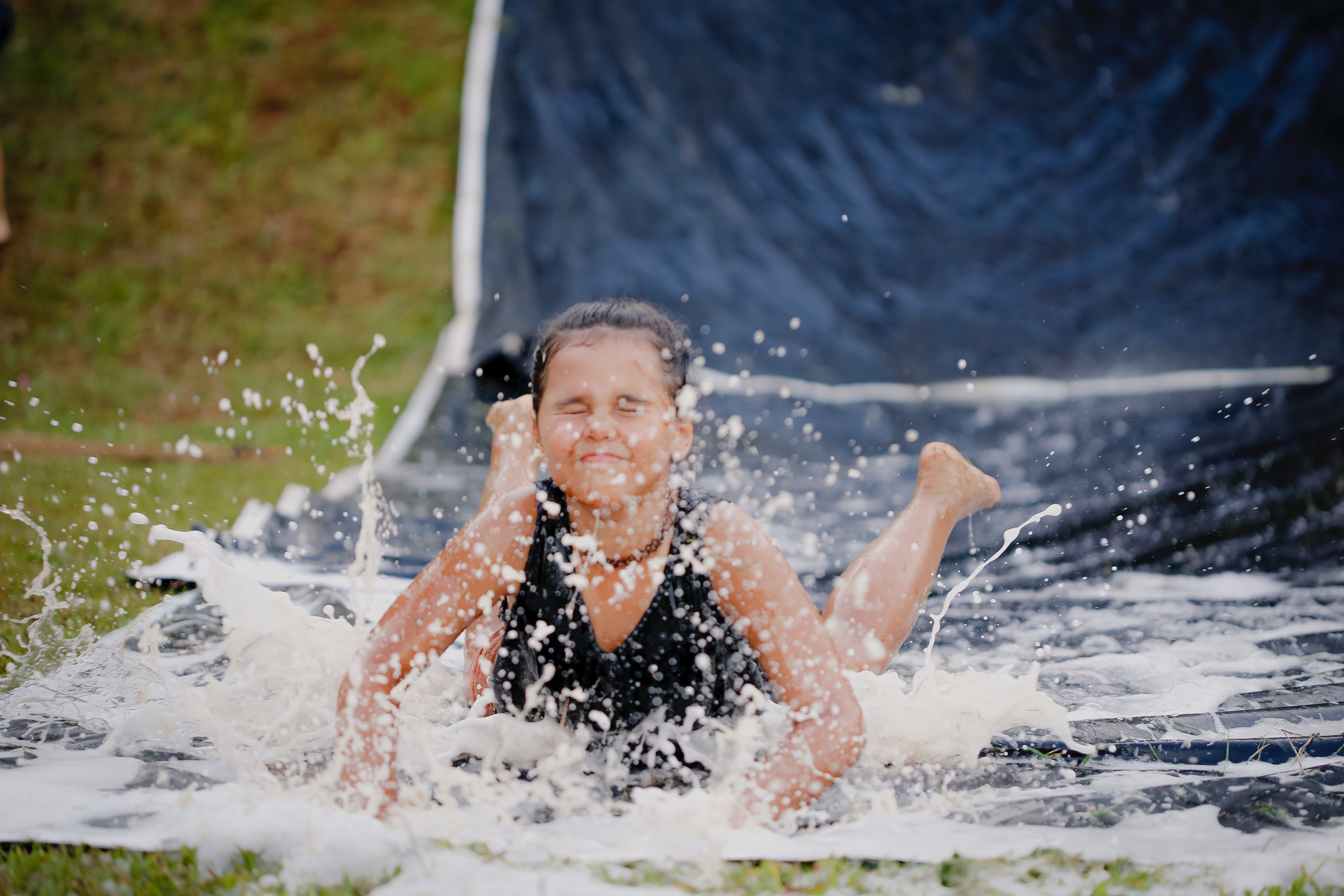July 8 is World Allergy Day, and everyone should know about allergic skin diseases in children. With the changes in air pollution, environment and lifestyle, the number of people suffering from allergic diseases is gradually increasing, and allergic diseases can occur at all ages, especially in children. For children, the earliest allergic reaction is eczema, in addition, hives, drug rash and other skin allergic diseases are also more common, mostly with rash, itching as the first symptom, parents are easy to find.
Children’s skin allergies are mainly induced by a variety of exogenous allergens, such as physical factors (friction, pressure, cold wind, heat, sunlight exposure, etc.), contact factors (pollen, dust mites, animal dander, sap of certain plants, chemicals, newly purchased clothing, etc.), food (fish, shrimp, eggs, milk, soy products, mango, food additives, etc.), medications (penicillin, cephalosporin antibiotics, or certain Chinese herbal medicine ingredients, etc.) and mosquito bites, etc.
I. Eczema
Eczema is a recurring skin disease in infancy and childhood, the acute stage is mainly manifested as skin flushing, oozing, itching obviously, the late skin dry, cracked, crusting, thickening, mostly symmetrical distribution, site indeterminate, scalp, face, auricle, limbs, extension or flexion of the side of the common. Eczema and skin barrier function is not perfect has a great relationship, so usually parents should pay attention to the child’s skin moisturizing, applying emollients. Treatment requires the use of some hormonal creams and oral antihistamines under the guidance of a doctor. Because eczema recurrence, related to the child’s allergy, Chinese medicine treatment can be both symptomatic and symptomatic, not only can relieve the child’s symptoms, but also improve the child’s allergy, reduce the number of episodes.
II. Urticaria
Urticaria is a common allergic disease in children, which is also commonly known as “rubella”, the child contact with allergens soon appear all over the body of different sizes, not fixed red “wind” like rash, itchy, always scratching, rubbing around, usually come and go quickly, but remind parents that sometimes not only the skin, severe may involve multiple systems, such as respiratory system, circulatory system, digestive system and so on. Generally come fast, go fast, but parents are reminded that urticaria sometimes not only in the skin, severe may involve multiple systems, such as the respiratory system, circulatory system, digestive system, etc., the child may appear gasping, dyspnea, rapid heartbeat, abdominal pain, diarrhea, and other symptoms, parents should not be taken lightly. Urticaria causes are complex and diverse, usually give the baby contact with new foods or things pay more attention to the child’s performance, once an allergic reaction, the first thing to do is to make the child out of allergens, and timely consultation, under the guidance of the doctor to apply anti-allergic drugs.
III. Drug rash
Drug rash is a skin and mucous membrane reaction caused by drugs entering the human body through oral, topical, inhalation and injection, etc. For children, any drug may cause drug rash, the most common clinical drugs are cephalosporin antibiotics, antipyretic and analgesic drugs and some traditional Chinese medicine. Rash manifestations of drug rash is diverse, no typical manifestations, can be seen as measles-like or scarlet fever-like or urticaria-like, severe will have exfoliative dermatitis, some children are also accompanied by fever, headache, general malaise, etc., it is not easy to distinguish with other diseases caused by the rash, it is recommended that parents record the name of the drugs used by the child in detail, in order to help the doctor to analyze the cause, as soon as possible to make a clear diagnosis.
Skin allergy daily care:
1, avoid contact with allergens: life pay more attention to observe the child ate which food or contact with which items will appear after skin allergy symptoms, but also through the detection of allergens to understand the allergens, daily life as much as possible to avoid.
2, moderate bathing: bathing water temperature should not exceed 40 ℃, water temperature is high on the skin stimulation, water temperature is low when the child’s itchy skin can be relieved (but pay attention to do not catch a cold); bathing to avoid the use of soap or shower gel, will cause skin irritation.
3, dietary attention: skin allergies during the child is not allowed to eat spicy stimulating food, avoid eating some easily allergic to food, such as fish, shrimp, peanuts, mango, etc., breastfeeding mothers should also pay attention to.
4, it is recommended to give the child to wear cotton, soft, breathable, no zipper clothes, reduce the child clothes on the skin stimulation. Parents should also wear cotton, no zipper, no hard clothes when holding the child to avoid irritation and friction on the child’s skin.




